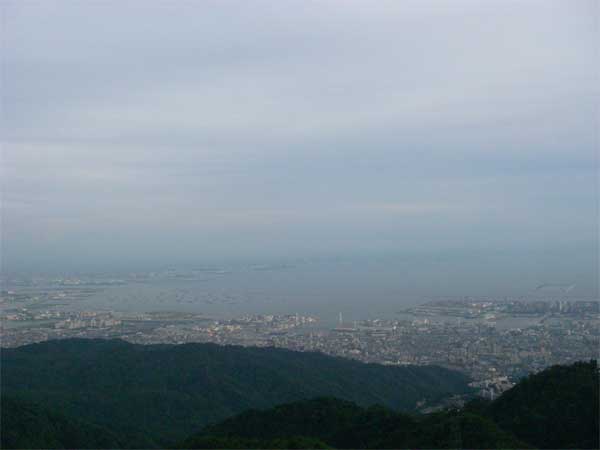Semester at Sea Fall
2006 Voyage 
- Home Page
- My bio
- Multisited Ethnography Project
- Shipboard Interview
- Cultureshock
in Your Own Country---Japan
- Food and Helth in Hong Kong
- Sleeping Vietnamese
- Embarassement at
Paying---Myanmar
- Rickshaw Drivers in
Chennai---India
- Soccer Culture in Istanbul---Turkey
- Wedding in Cairo---Egypt
- Souvenir Sellers around Ben
Thanh Market---Vietnam
- Souvenir Sellers in
Giza---Egypt
- Open Letter
Culture Shock in My Own Country
Japan

It is the
first
time for me to go back
to
The first
thing
I felt discomfort about
is the crowded train. The distance
between persons seems too short for me, although only a few years ago I
used to
go school by a more-crowded train, in which it was really hard to
breathe and
everybody was irritated. The somewhat
sweet smell around Samnomiya Station also made me a little bit
uncomfortable. Nobody said “sorry” when
they bumped into a
stranger. I think I must look different
from people in my generation because nobody distributed leaflets to
me other
than a person from the
In her book
about her fieldwork in
This “culture shock” gave me a chance to think about identity. Confusion of identity may easily occur. In my case, it was easy to reconfirm my identity as Japanese. I wondered about people who have ambiguous identity. One’s nationality does not always fit one’s identity. I have not thought deeply about such issues. It might be because I was born in a relatively homogeneous country.